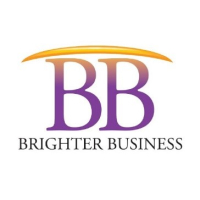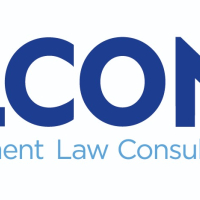What Small Businesses Need to Know About Taxes in the UK
With all the things going on in your business, it can be easy to forget about paying your taxes. But this is definitely not a mistake you want to make. If you want to avoid paying tax penalties, you have to have a full understanding of your tax obligations as a small business owner.
What Taxes Do Small Businesses Need to Pay in the UK?The two main taxes that you will pay as a small business owner in the UK are:
- Employer’s National Insurance Contributions (NICs)
- Corporation Tax
NICs are income taxes that businesses are required to pay. However, unlike income tax, you can deduct NICs from your business profit before calculating your business’s corporation tax bill.
If you have an employee, you are required to pay the Employer’s NICs of 12 per cent on their salary.
For example, if you pay an employee a salary of £25,000 per year, you will have to pay £3,000 (12 per cent of £25,000) as NICs in the tax year.
If you have a contractor, self-employed or freelance worker, you are required to pay both Employer’s and Employee’s NICs of 12 per cent on their turnover.
For example, if you pay a contractor a turnover of £25,000 per year, you will have to pay him or her £3,000 (12 per cent of £25,000) as Employer’s NICs and £25,000 as Employee’s NICs.
These payments will usually be made monthly via a deduction from your bank account.
Corporation TaxUnlike Employer’s NICs, Corporation tax is calculated using your business profit and not the amount that your business pays its employees.
You have to pay Corporation Tax of 19 per cent on your business profit.
For example, if you made a £50,000 profit in the tax year, you will have to pay a Corporation Tax of £9,500.
When Do You Need to Pay Your Taxes?For contributions on work benefits, you need to pay then by July 19 if you’re paying by cheque. However, electronic payments are accepted until July 22. On the other hand, you must pay the corporation tax nine months and a day after the end of your business accounting period.
How to Avoid Paying Late Payment PenaltiesThe best way to avoid paying late payment penalties is to send your tax return to HMRC as soon as possible after the end of the tax year.
Many businesses will send their tax return and tax payment at the same time.
If you have a particularly busy period of the year, such as Christmas, then you may need to organise this in a different way. For example, you could speak to an accountant and ask them to prepare your tax return and send this to HMRC on your behalf. Then, you could make a payment to your accountant in January or February to cover the amount that you owe to HMRC before sending your final payment to HMRC yourself.
While penalties for late payment may seem harsh, there may be circumstances when HMRC will waive the penalty. However, this is only if you can prove that you were in serious financial difficulties and could not afford to pay the amount due.
Final ThoughtsThe best thing that you can do to avoid paying penalties for late payment is to be proactive and send your tax return to HMRC as soon as possible after the end of the tax year. If you’re still having trouble with your tax return, you may be able to speak to your accountant to arrange this on your behalf.
Avoid corporation tax late filing penalties with the help of Accountants247. We provide cost-effective, high-value solutions to meet every client’s needs regardless of the size of their business. We get to really know your business. This way, we can help business owners, managers, investors and other stakeholders to evaluate the financial performance of their businesses. Get a quote now!
Hi there, I'm one of the Directors of Accountants247. I specifically look after the development and growth of our business from our Headquarters just outside Warrington.
Labour’s new Employment Rights Bill: challenges employers...
More Articles
The Value of a Sustainability Strategy in the Tender Process
Unlocking the Power of Raw Financial Data
Would you like to promote an article ?
Post articles and opinions on Professionals UK
to attract new clients and referrals. Feature in newsletters.
Join for free today and upload your articles for new contacts to read and enquire further.







